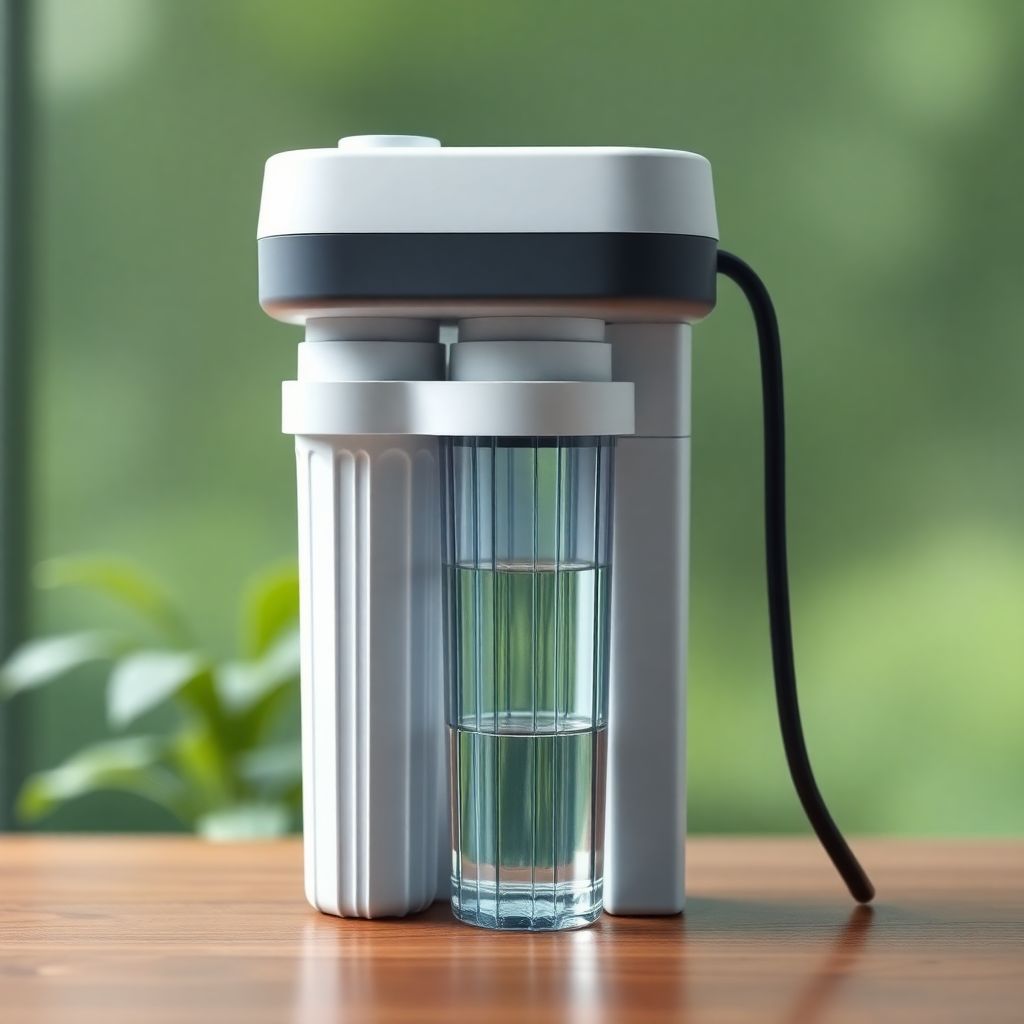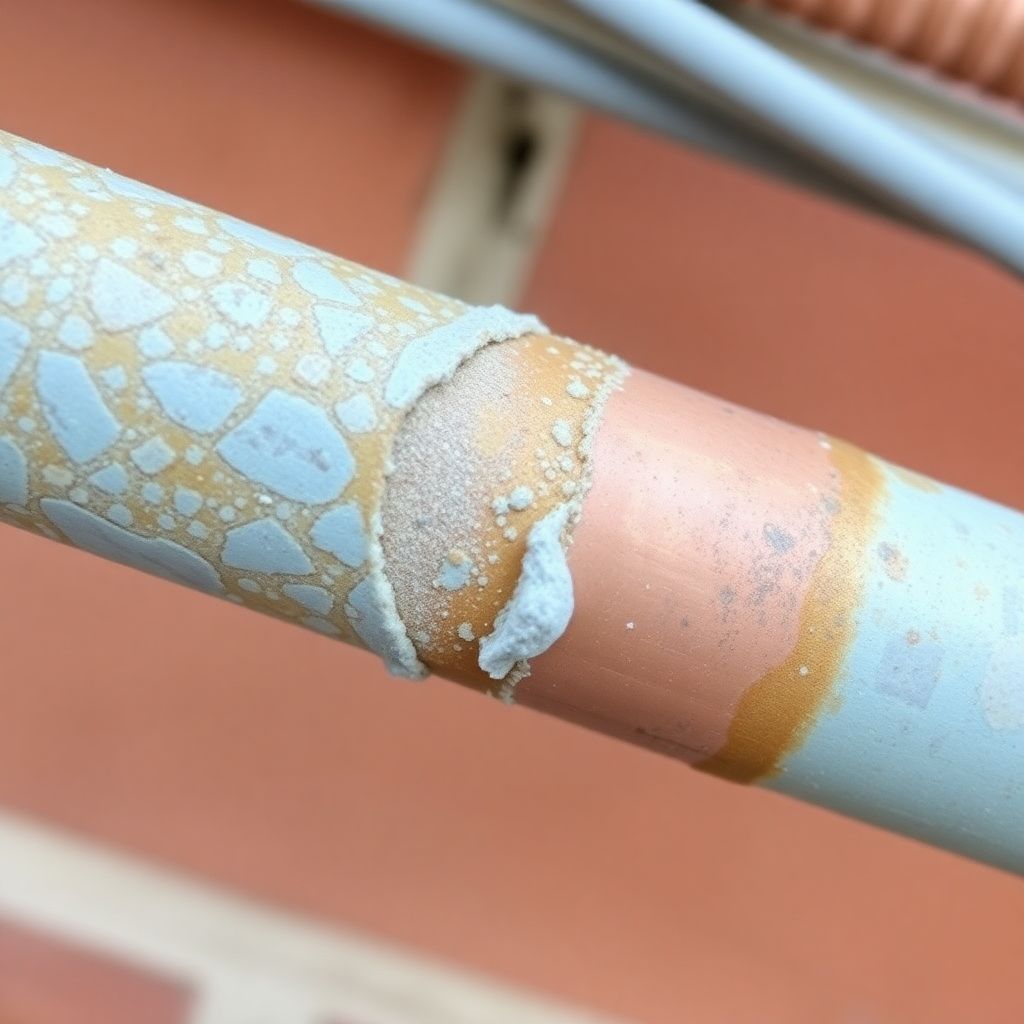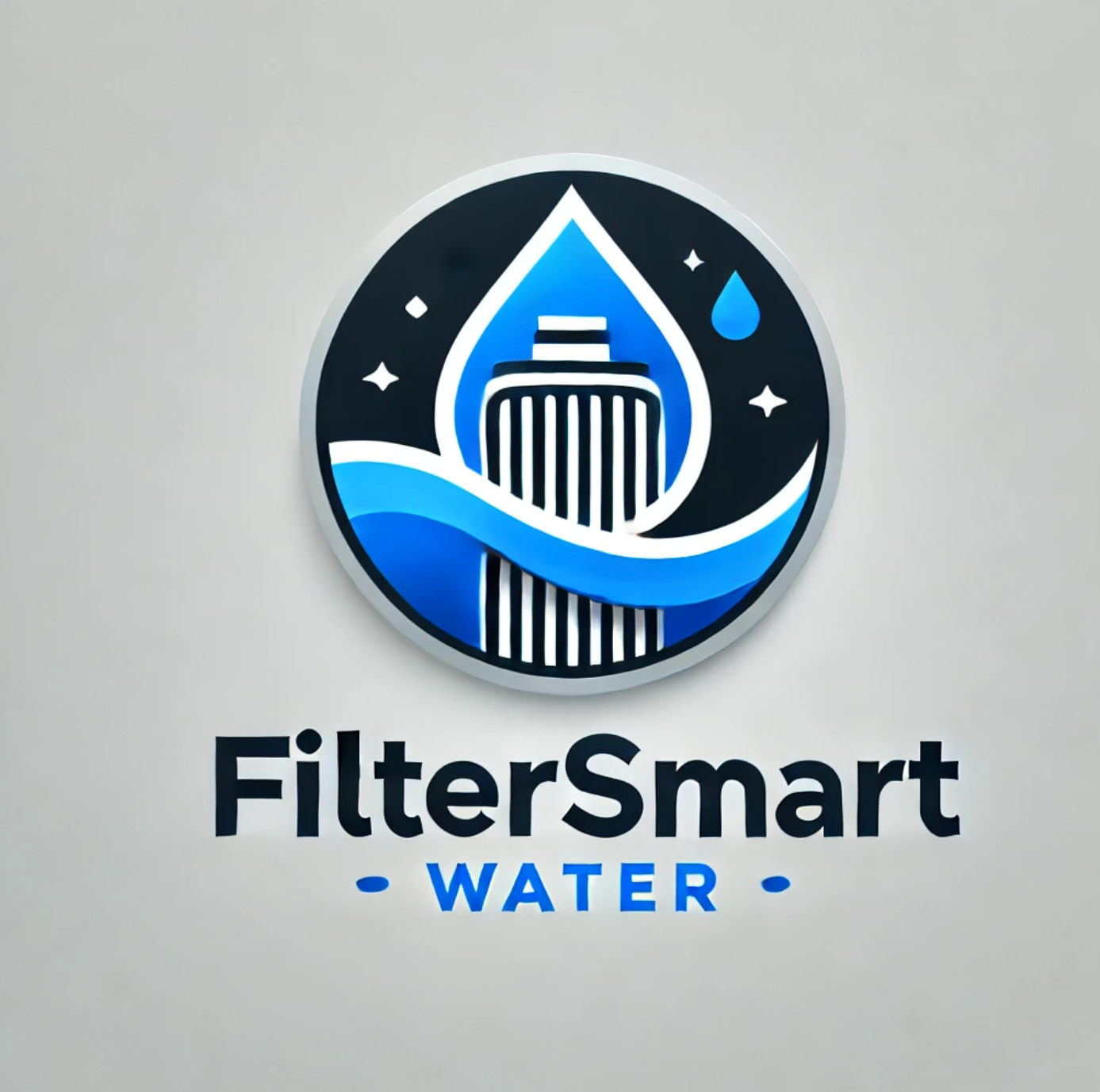Introduction
Hard water is a widespread challenge for many households, defined by elevated levels of dissolved minerals like calcium and magnesium. Though not a direct threat to human health, hard water can wreak havoc on appliances, plumbing, and even personal comfort by causing limescale buildup, reducing efficiency, and irritating skin. Fortunately, selecting an appropriate water filter for hard water can mitigate these issues and improve overall water quality. With so many options available, from water softeners to reverse osmosis systems, the decision can feel overwhelming. This article aims to simplify the process by exploring the effects of hard water, detailing various filtration systems, and providing practical steps to choose the best water filter for hard water tailored to your needs. Whether you’re seeking to protect your home or enhance drinking water, this guide has you covered.

Understanding Hard Water and Its Effects
Hard water’s defining trait is its mineral content, primarily calcium and magnesium, measured in grains per gallon (GPG) or parts per million (PPM). Water hardness falls into categories: soft (0-3 GPG), moderately hard (3-7 GPG), hard (7-10 GPG), and very hard (over 10 GPG). The higher the mineral concentration, the more pronounced its effects become, making it critical to address with a water filter for hard water.
One major impact is on household appliances. Limescale, a chalky residue formed by mineral deposits, accumulates in water heaters, dishwashers, and washing machines, reducing their efficiency and lifespan. Over time, this buildup increases energy costs and necessitates repairs or replacements. Plumbing systems also suffer as pipes gradually clog with scale, leading to reduced water flow and potential damage.

Beyond mechanical issues, hard water affects personal care. Its minerals strip natural oils from skin and hair, leaving skin dry and itchy while making hair brittle and dull. Soap performance declines too, as hard water reacts with it to form soap scum, reducing lathering and requiring more product for cleaning. These cumulative effects highlight the need for an effective water filter for hard water to restore balance to your home and routine.
Understanding these consequences is the first step in choosing a filtration system. By identifying the hardness level in your home—easily done with a test kit—you can pinpoint the severity of the problem and select a solution that matches your specific situation, whether it’s minor scale prevention or comprehensive mineral removal.
Types of Water Filters for Hard Water
The market offers several water filters for hard water, each with unique mechanisms and benefits. Your choice depends on your water hardness, household size, and primary concerns. Here’s a breakdown of the main options.
Water Softeners are the go-to solution for tackling hard water. Using an ion-exchange process, they swap calcium and magnesium ions for sodium or potassium, effectively eliminating hardness. They excel at preventing limescale and extending appliance life, making them ideal for whole-house use. However, they require regular salt replenishment, and the resulting water isn’t suitable for drinking without additional filtration due to sodium content.
Reverse Osmosis (RO) Systems take a different approach, pushing water through a semi-permeable membrane to remove minerals and impurities. While not designed solely for hard water, they reduce hardness alongside other contaminants, producing high-quality drinking water. The downside? They waste water during filtration and may need pre-treatment for very hard water to protect the membrane, adding complexity and cost.
Salt-Free Water Conditioners offer an eco-friendly alternative. Using processes like Template-Assisted Crystallization (TAC), they transform hardness minerals into crystals that won’t adhere to surfaces, preventing scale without removing the minerals entirely. They’re low-maintenance and sustainable but less effective for very hard water and don’t soften water in the traditional sense. Other options, like whole house filters with hard water-specific stages, treat all incoming water, while magnetic descalers use magnetic fields to limit scale formation—though their effectiveness varies.
Each type of water filter for hard water serves a purpose. Water softeners suit severe hardness, RO systems prioritize drinking water, and salt-free conditioners appeal to low-maintenance households. Assessing your needs—scale prevention, drinking quality, or full-home treatment—guides the decision.
Key Factors and Steps to Choose the Right Water Filter
Selecting a water filter for hard water involves more than picking a type; it requires evaluating practical factors and following a clear process. Here’s how to approach it.
Start with water hardness level. Test your water using a home kit or lab analysis to determine its GPG or PPM. A moderately hard 5 GPG might need only a conditioner, while 15 GPG demands a robust softener. Next, define your purpose. Are you combating limescale in pipes, seeking tastier drinking water, or addressing both? This shapes whether you need a whole-house system or a point-of-use filter.
Budget plays a big role. Magnetic descalers cost less upfront but offer limited results, while whole house filters or RO systems demand higher investment yet deliver broader benefits. Factor in maintenance too—water softeners need salt refills, whereas salt-free systems don’t. Installation varies as well; DIY-friendly magnetic units contrast with complex whole-house setups requiring professionals. Finally, consider water usage. A large family benefits from comprehensive filtration, while a single person might opt for a countertop RO unit.
Follow these steps:
1. Test your water for hardness and contaminants.
2. Identify needs—scale prevention, drinking quality, or both.
3. Research options, weighing pros and cons.
4. Assess installation and maintenance demands.
5. Calculate costs, including long-term expenses.
6. Purchase from a certified, reputable brand (e.g., NSF/ANSI-approved).
Once installed, maintain your system by replacing filters as recommended, cleaning components, and monitoring water quality. This ensures your water filter for hard water performs optimally, delivering lasting results tailored to your home.
Conclusion
Navigating the world of water filters for hard water can transform your household, addressing everything from limescale-laden appliances to dry skin and lackluster hair. Hard water’s high mineral content poses unique challenges, but with the right water filter for hard water, you can reclaim control over your water quality. Whether you opt for a traditional water softener, a high-tech reverse osmosis system, or a low-maintenance salt-free conditioner, the key lies in understanding your water’s hardness, your specific needs, and your budget. By testing your water, researching options, and factoring in installation and upkeep, you’ll land on a solution that not only mitigates hard water’s downsides but also enhances daily life. A well-chosen water filter for hard water is an investment in your home’s longevity and your family’s comfort—well worth the effort.
